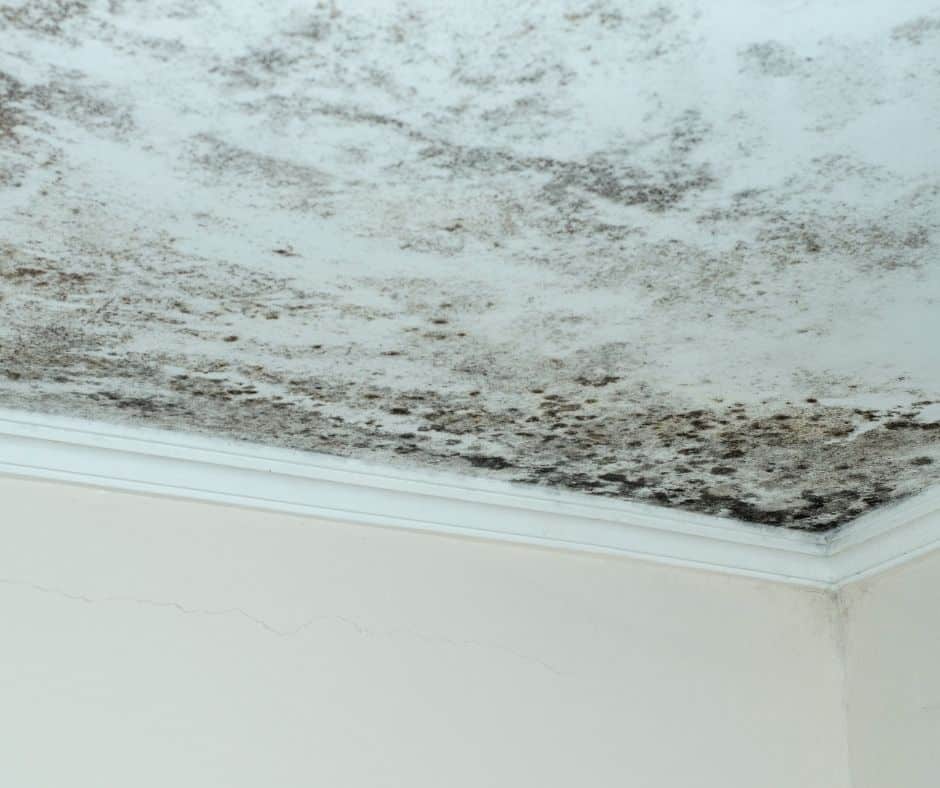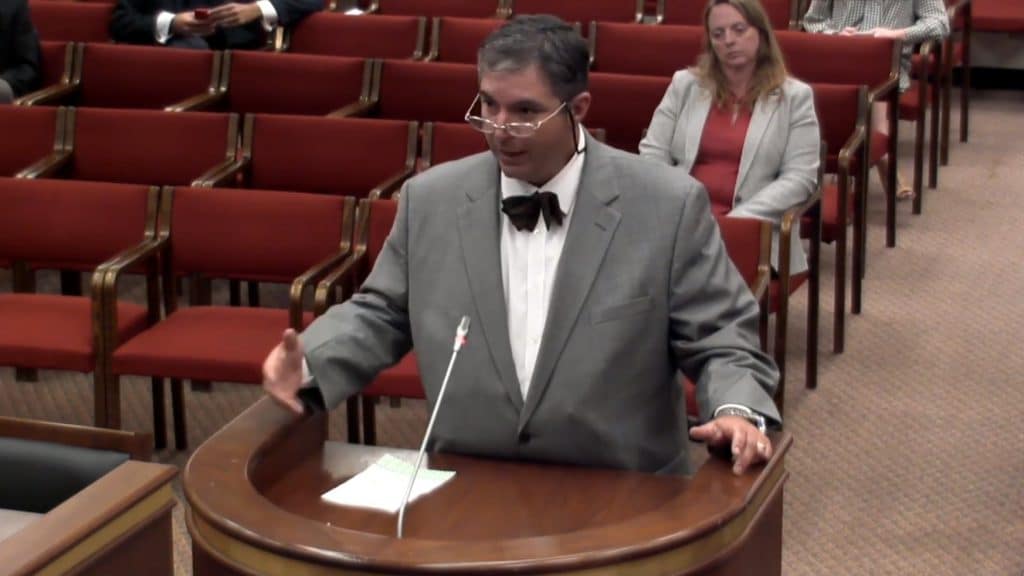For several years now, mold has been a big issue for building owners and property managers across the state. Anybody who owns or maintains a building has either dealt with a mold intrusion or has at least had complaints or concerns from building occupants related to mold.

Knowing how to handle these issues and who to trust to help you with these issues has been akin to hitting a moving target. Until now, anybody could be a self-proclaimed “mold expert” or “mold abatement contractor”. There haven’t been any set rules or requirements to call yourself either of those or that dictate how a mold situation is handled. If you’ve ever wondered “What do I have to do?”, “Who can I call to help me?”, or “Should I evacuate my family or tenants?”, you are not alone. In March of 2019, South Carolina decided to form a Mold Abatement Study Committee to look into protecting citizens when it comes to mold.
Once the committee was formed, they started having discussions on topics such as, health effects, establishing standard acceptable indoor spore count levels, best practice abatement procedures, licensing, requirements for inspection and abatement, possibilities for conflict of interest for companies performing both inspections and abatement project, etc. Most members of the committee are not from this industry so they are looking to gain as much information as they can potentially develop a standard for mold abatement in SC. Many state offices, national, regional and, professional organizations, and university professors have offered information and responded to questions from the committee.

However, in October 2019, they reached out to several groups to testify before the committee. Mr. Ted Shultz of Apex was there and testified before the committee. You can read the final report, read the bill, view just our +/- 20 minutes of testimony or even the video and sound bite which aired on WIS TV-10 in Columbia. At the meeting, we heard state and local entities testify about how their offices have been affected with inquiries related to mold issues and what responses have been formulated or implemented related to mold. Representatives from professional associations testified about mold regulations that have already been implemented around the US. A professor from USC testified about research into the health effects of mold. In short, the meeting discusses what everybody is hearing in the industry and what is already happening in other areas with regards to regulations.

Government regulations aren’t always the way to go and can sometimes be burdensome on a business either financially or physically on business and homeowners. However, if South Carolina is heading in that direction, we at Apex will be involved with the discussions and helping develop regulations that are efficient and effective. As professionals with boots on the ground, or in the crawlspace or attic, wherever mold might be, we see issues as they happen and can help the state implement guidelines that can truly be of service to its citizens.
Our main points of interest moving forward are:
- Helping establish indoor spore concentration guidelines. Every building can be different and a “one size fits all approach” could be difficult to develop and creating unrealistic indoor spore count standards could put enormous financial burdens on state and local entities and may not be achievable in every situation.
- Establishing experience, curriculum, and certification requirements to be licensed to perform mold inspections or mold abatement is paramount to helping the citizen and business of SC manage mold issues correctly and effectively, as well as help prevent scams from unqualified entities.
- Also, preventing a conflict of interest between the mold consultants who assess and determine the appropriate actions and the abatement contractors who perform the corrective actions would also go a long way toward protecting citizens from dishonest or unqualified “fly-by-night” operations.
We don’t think South Carolina needs an asbestos type regulation for mold; a few simple standards would do the trick. Hopefully, as the state moves forward in developing these standards, we (South Carolinians) can employ the K.I.S.S. theory.
